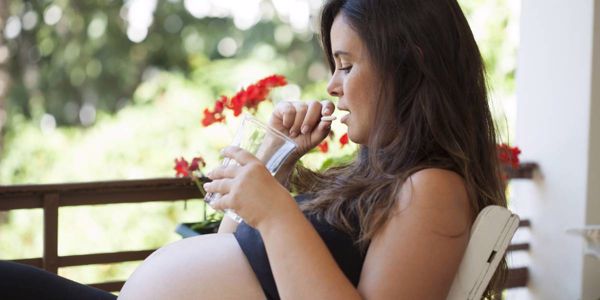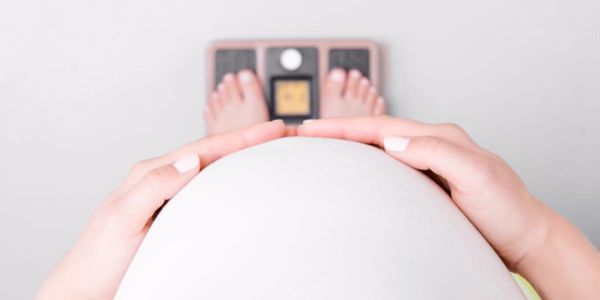Omega-3 fatty acids are important for the health of our heart, brain, vision & immune system and they are really important for your baby's growth, brain, nerves and eyes. Fatty/oily fish (e.g. salmon, mackerel kippers, trout, whitebait, sardines) are good sources of omega-3 (EPA & DHA).
How much should I aim to eat?
You should aim to eat oily fish 1-2 times weekly to help with your baby’s brain development.
You shouldn’t have more than 2 portions of oily fish a week or eat shark, marlin and swordfish during pregnancy or breastfeeding, due to the risk of toxicity from contaminants such as mercury.
Sustainability of fish
Fish stocks are declining, therefore, aim to choose sustainable sources of fish. Look for the blue label for Marine Stewardship Council (MSC) certified products. Fish is a good source of vitamins A & D, iodine, selenium & calcium and protein.
What if I don’t eat fish?
- You can also get omega 3 from nuts (walnuts, pecans & hazelnuts), seeds (linseeds, chia, hemp, sunflower), vegetable oils, soya products, milk, tofu & green leafy vegetables.
- Aim to include these foods daily. To get enough of the essential Omega 3 fat you would need to eat the equivalent of 1 tbsp ground linseed or chia seeds, 2tbsp hemp seeds or 6 walnut halves.
- Choose vegetable (rapeseed) oil instead of oils containing a lot of omega 6 fat (such as sunflower, corn or sesame oil) as too much omega 6 can make it harder for your body to convert and use the omega 3 fat.
Should I take a supplement?
- Supplement use of omega 3’s is not currently recommended in healthy adults as we can get it from the foods we eat. As with other nutrients, the benefits are often from the whole food rather than a simple molecule.
- If following a vegan diet and pregnant or breastfeeding you may want to consider taking an algae EPA/DHA supplement. If you choose to supplement do not take one containing vitamin A if you are pregnant. Aim for 450mg EPA & DHA per daily adult dose.
- Due to the high vitamin A content of fish liver oils, it is NOT recommended to consume fish oil supplements during pregnancy.
References
B Thomas, J Bishop. Manual of Dietetic Practice (2011) 4th Edition. Blackwell publishing. Chapter 3.1, Pregnancy
National Health Service (NHS) [Internet]. Burnley, UK: Department of Health. https://www.nhs.uk/start4life/pregnancy/healthy-eating-pregnancy/ Accessed July 2020
BDA (2017) Omega 3. British Dietetic Association Food Fact sheet. Available at https://www.bda.uk.com/resource/omega-3.html Accessed July 2020
BDA (2019) Pregnancy & Diet. British Dietetic Association Food Fact sheet. Available at https://www.bda.uk.com/resource/pregnancy-diet.html. Accessed July 2020






